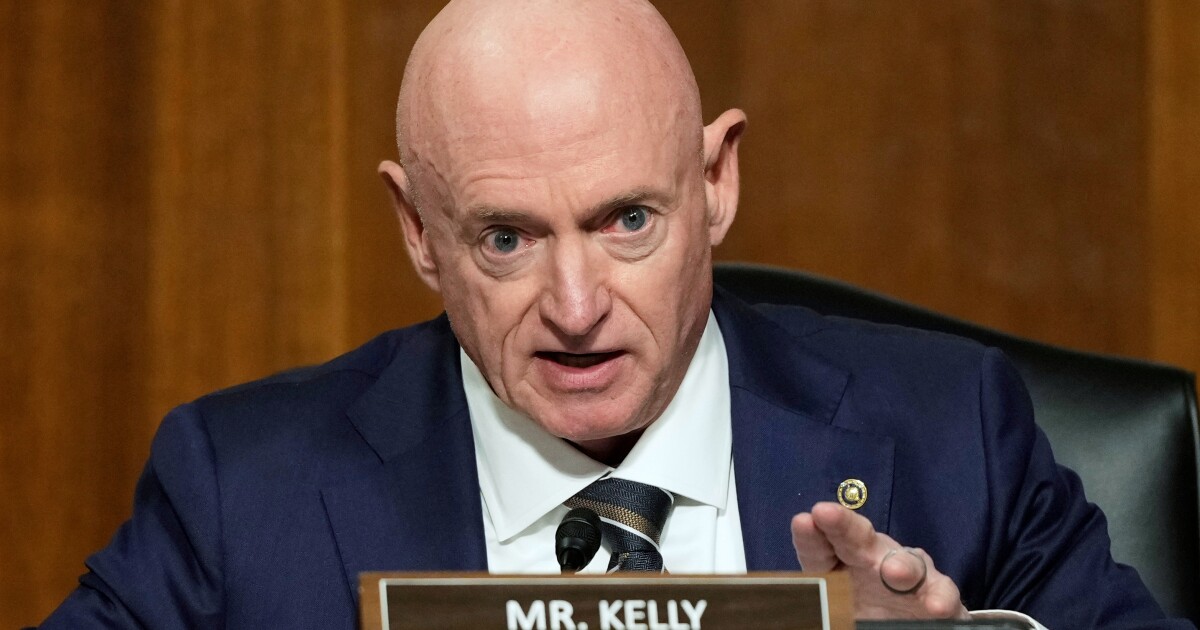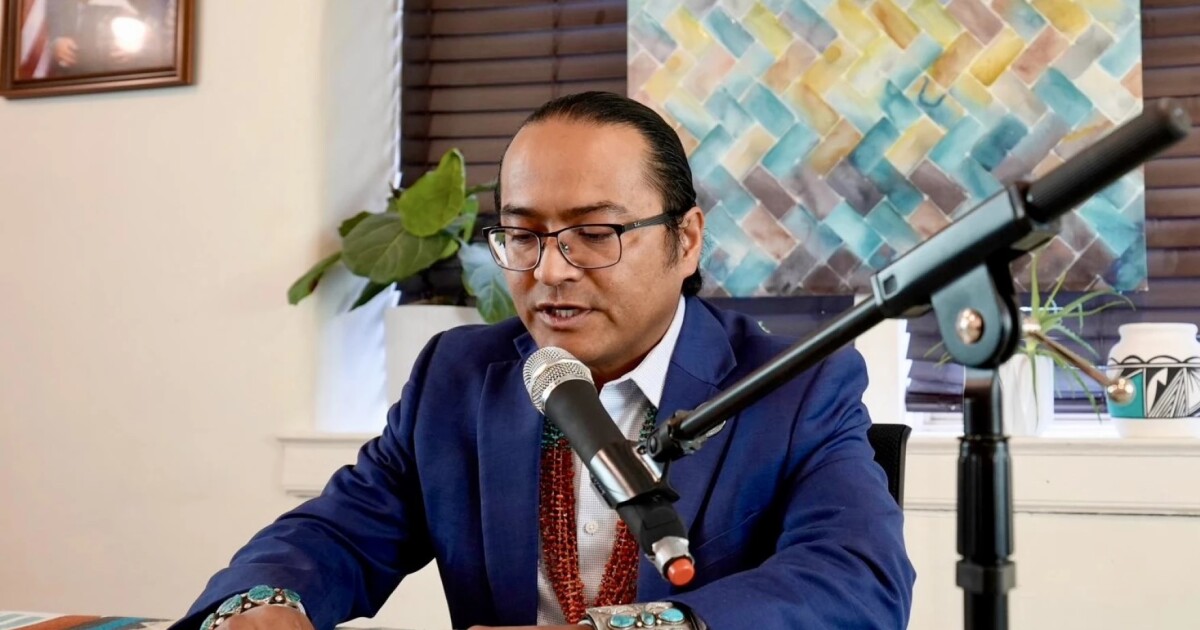School librarians in New Jersey, including Karen Grant, are facing pressure from parents and conservative groups to remove books about race, gender, and sexuality. To address this, Ewing Public Schools revised a decades-old policy to defend against sudden book bans. Simultaneously, New Jersey lawmakers passed a state-wide book challenge policy to prevent bans based on content, author background, or views, and to protect librarians from legal repercussions. Governor Phil Murphy’s recent signing of this law provided relief to librarians like Grant, who mentioned, “This has been a wrong, an injustice that needs to be made right.”
As book bans surge nationally, New Jersey and other blue states like California and Illinois are taking steps to ensure reading material accessibility, especially content relating to racial and sexual themes, including LGBTQ+ topics. According to PEN America’s report, there were 10,000 book bans in 2023-24, tripling from the previous year, pushed largely by groups like Moms for Liberty. The controversy has prompted some states to enact protective laws for librarians and reading materials.
New Jersey’s new law sets standards for book challenges, disallowing bans based on the book’s origin or the author’s background, and offers librarians immunity from civil liabilities. State Sen. Andrew Zwicker introduced this after realizing the widespread attacks on the freedom to read. He heard from a librarian who faced abuse for keeping books with LGBTQ+ themes. Zwicker emphasized the importance of these books, saying, “I do not think it’s an overstatement to say that lives are in the balance here.”
While some states are working to protect library materials, others are tightening restrictions. For instance, Illinois risks grant losses for non-compliance with its anti-book ban law, while Minnesota’s St. Francis Area Schools is working with conservative group BookLooks to rate books for content. Meanwhile, Carroll County, Maryland, topped book bans in the state, removing 59 titles deemed “sexually explicit” in the 2023-24 school year, citing parental rights as a justification.
In Florida and Iowa, new laws mandate the removal of books with sexual content from school libraries, aligning with a national trend of increasing book bans. These measures have faced legal challenges, as seen in Arkansas, where a judge recently struck down parts of a law threatening librarians with prison. Organizations like EveryLibrary are tracking numerous bills targeting books with sexual and racial themes, highlighting the ongoing battle over book bans in schools.
—
Read More Montana News









